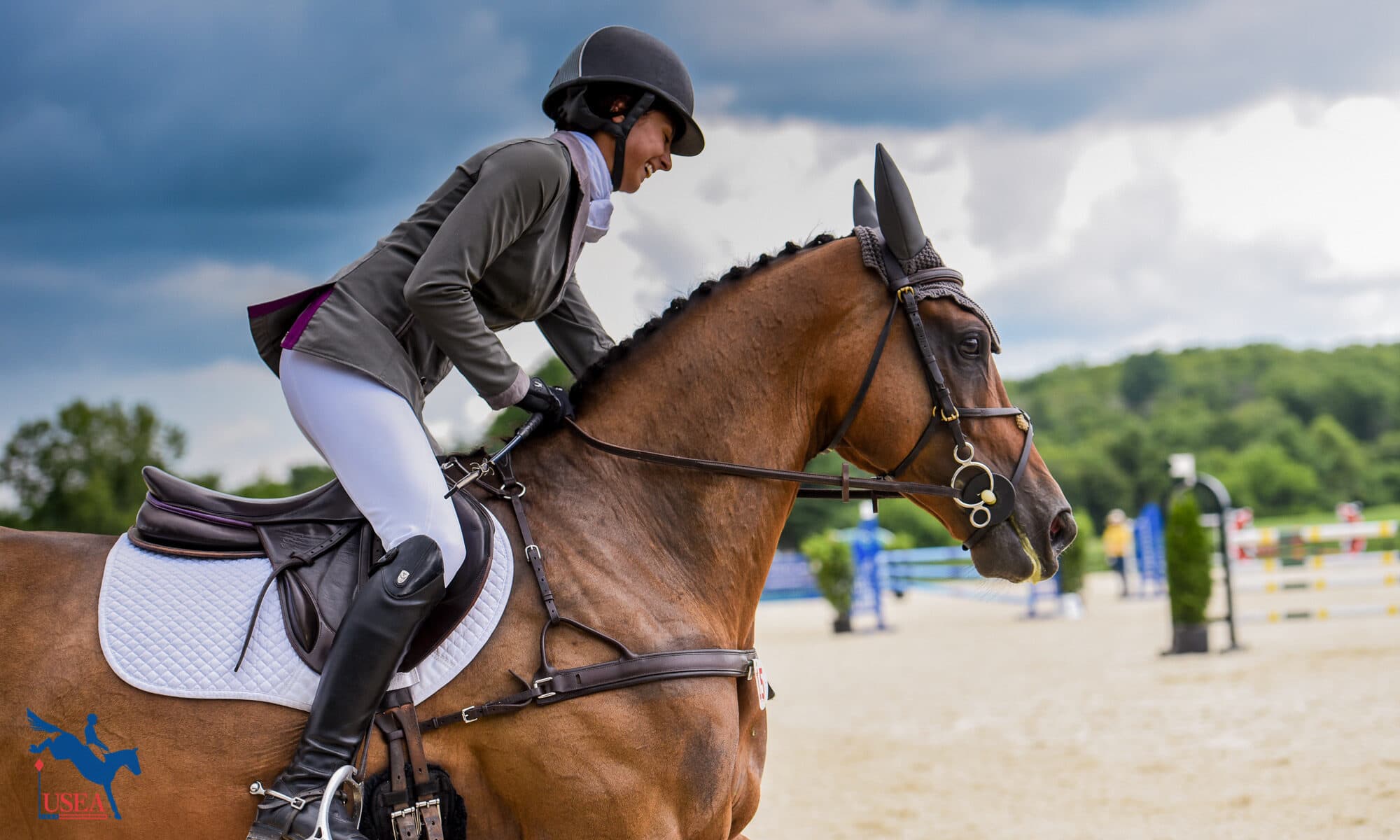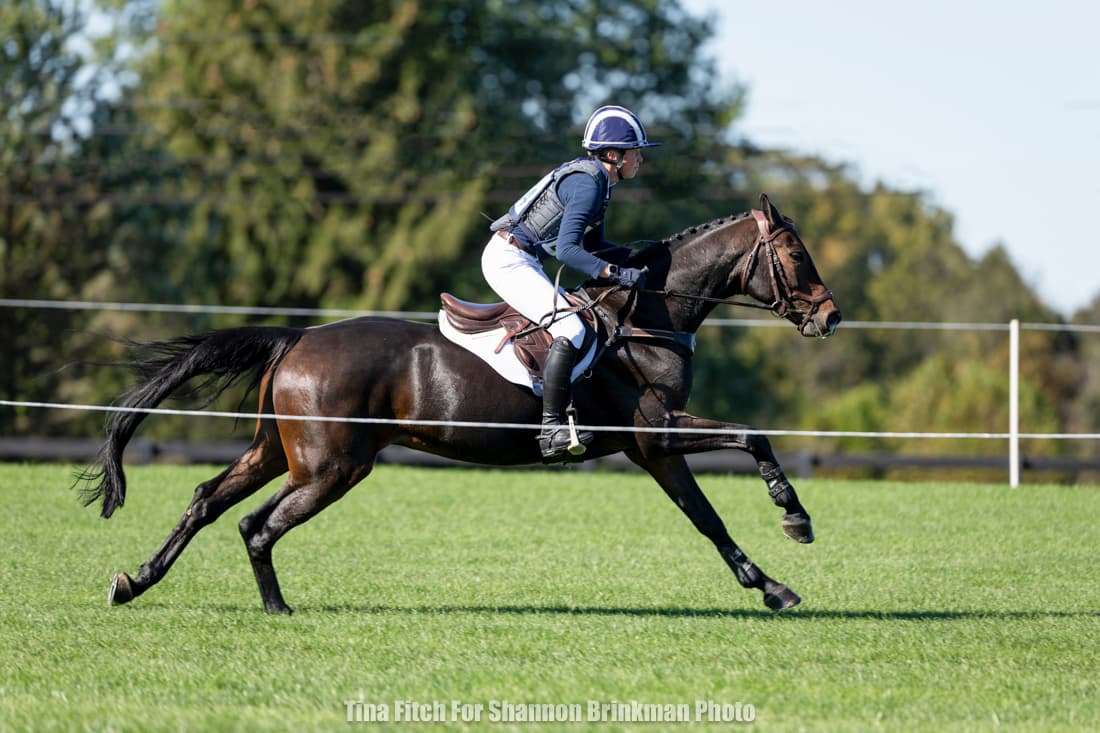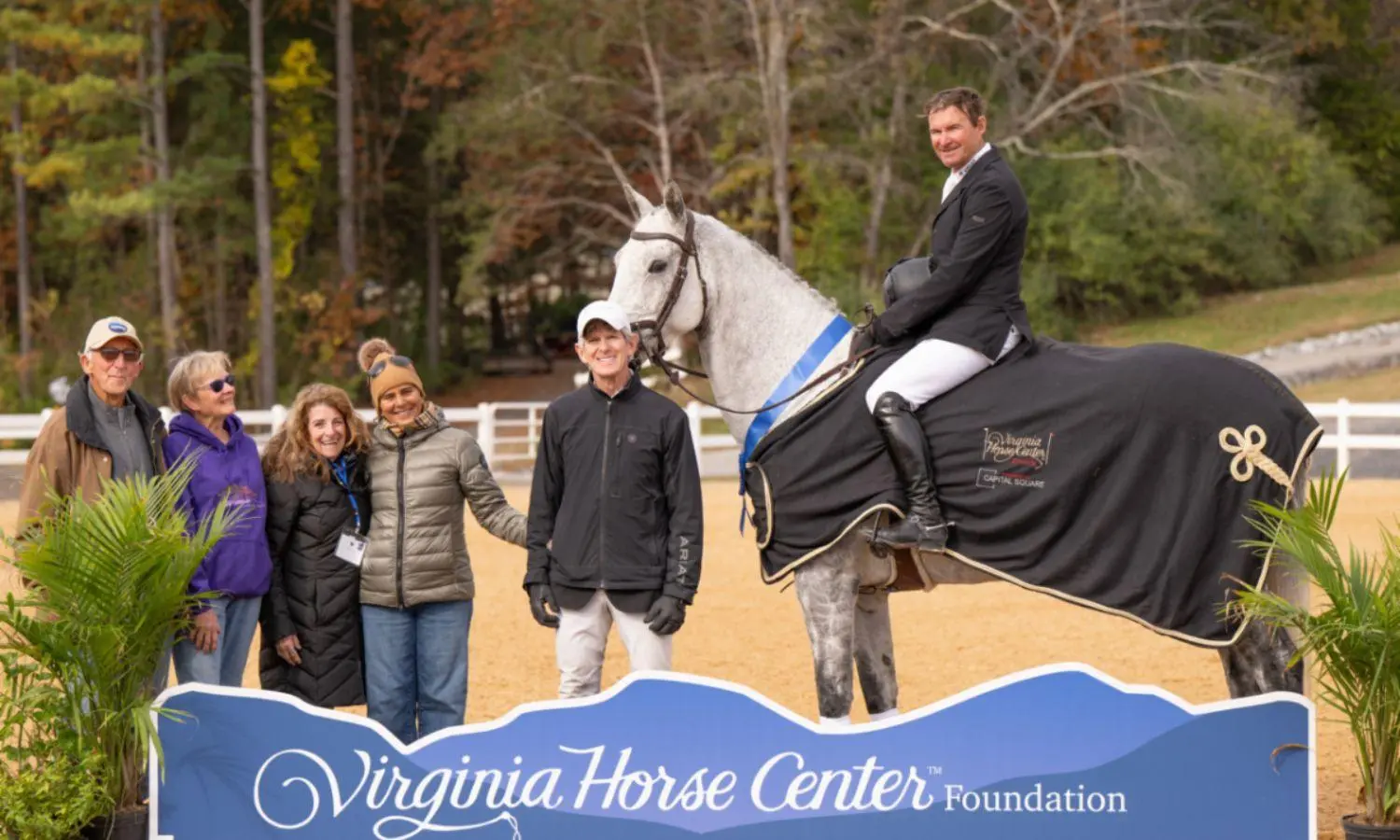Daniel Stewart's Tip of the Month: Thought Stopping

Our horses and sport provide us with an endless array of amazing opportunities and experiences, but sadly our brains are sometimes really good at thinking really bad things. Even though we love our horses, lessons, classes, and competitions, our thoughts don’t always match the greatness of our experiences. Sometimes we just get stuck thinking bad things when good things are happening.
The next time your thoughts and emotions don’t match the greatness of your experiences, give the following three-part positive-thinking tip a try. After all, the only thing you have to lose are those nasty negative thoughts! This technique is called thought stopping and it’s made up of three interconnected steps:
Step One: Thought Recognition
The first step to stopping unintentional negative thoughts is to recognize you’re doing it in the first place (you can’t fix what doesn’t feel broken). These thoughts typically come in two forms: tricky (like saying you’ll try to do your best instead of saying you will do your best), and toxic (like telling yourself you’re a failure just because you failed). If you can tune in to your self-talk and identify any tricky or toxic talk, you can move on to the next step of stopping it.
Step Two: Thought Removal
Once you discover it, you can disrupt and remove it. That’s the role of a thought remover (or thought stopper) and it works by simply saying a predetermined code word (to yourself) to stop the flow of unwanted babble. In other words, every time you recognize you’re thinking a bad thought, you say (or yell to yourself) a code word so that it startles your brain into stopping and removing the tricky or toxic talk. The words "whoa" or "halt" are common thought removers and stoppers because they’re often used to stop things (like your horse!)
Step Three: Thought Replacement
Now that you’ve stopped the negative self-talk, your mind will be looking for a replacement. The thought you use as a replacement should be memorized, rehearsed often, and give you a clearly-defined plan of action. A mojo-mantra like, “Keep calm, ride on” is a good example of how your thought replacement can give you a clear plan of action.
You can make your thought replacement even stronger by repeating it several times, and each time, placing the emphasis on a different word (placing the emphasis on the first word the first time, the second word the second time, etc.). For example, if your thought replacement is “Keep calm, ride on,” repeat it four times and each time shift the emphasis to the next word. It’ll look like this:
KEEP calm, ride on
keep CALM, ride on
keep calm, RIDE on
keep calm, ride ON
Before finishing up, repeat the entire sentence again, only this time place the emphasis all four words (as if confidently yelling it to yourself). In the end, you’ll have repeated your thought replacement five times.
So, the next time your thoughts don’t match the greatness of your movements, just give this thought stopping trick a try, and remember, what’s going on between your ears has a big impact on what happens below them!
I hope you enjoyed this month’s tip and that I’ll get the chance to teach you in one of my upcoming fall clinics around the county (grab your mask and come join me!) For more information on my clinics, or hosting one, please visit www.pressureproofacademy.com.














